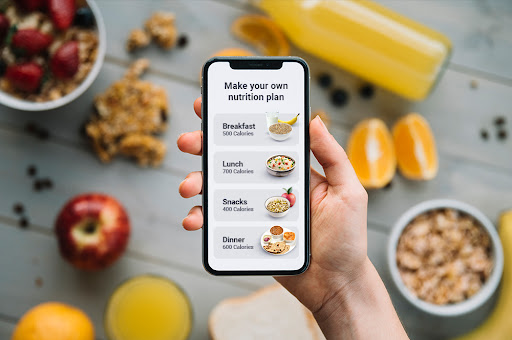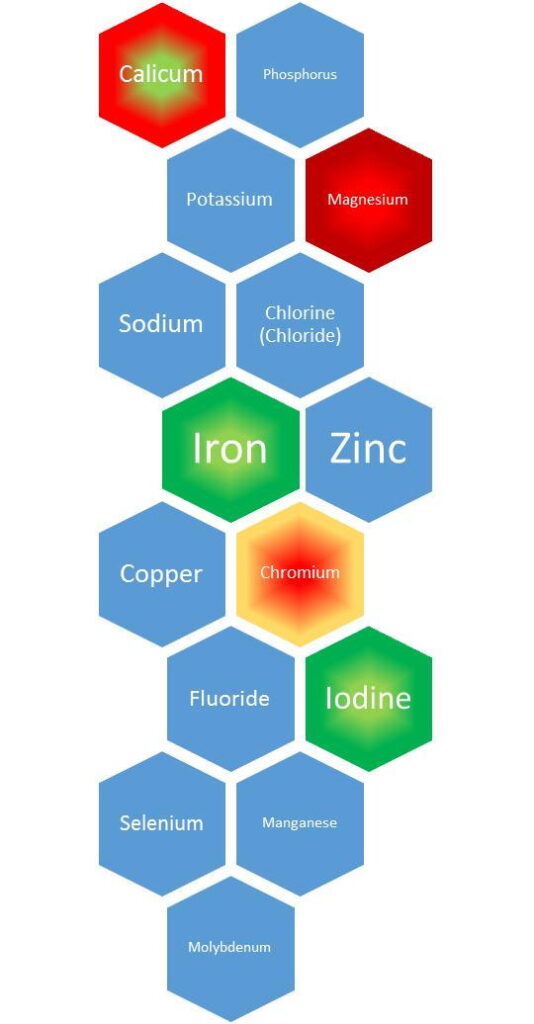Embarking on a healthy weight journey involves a combination of balanced nutrition, regular physical activity, and lifestyle changes. Here are some nutrient-rich foods that can support your efforts in achieving and maintaining a healthy weight:
- Fruits and Vegetables:
- These are low in calories and high in fiber, vitamins, and minerals.
- Include a variety of colorful fruits and vegetables to ensure a broad spectrum of nutrients.
- Whole Grains:
- Opt for whole grains like quinoa, brown rice, oats, and whole wheat.
- They provide sustained energy and are rich in fiber, keeping you feeling full longer.
- Lean Proteins:
- Choose lean protein sources such as chicken, turkey, fish, tofu, beans, lentils, and legumes.
- Protein helps build and repair tissues and can help control hunger.
- Healthy Fats:
- Include sources of healthy fats, such as avocados, nuts, seeds, and olive oil.
- These fats support overall health and can help you feel satisfied.
- Low-Fat Dairy or Dairy Alternatives:
- Opt for low-fat or fat-free dairy products or fortified dairy alternatives.
- These provide essential nutrients like calcium and vitamin D.
- Hydration:
- Drink plenty of water throughout the day. Sometimes our bodies can confuse thirst with hunger.
- Limit sugary drinks and excessive amounts of caffeinated beverages.
- Portion Control:
- Be mindful of portion sizes to avoid overeating.
- Use smaller plates, bowls, and utensils to help control portions.
- Limit Processed and Sugary Foods:
- Minimize intake of processed foods, sugary snacks, and sweetened beverages.
- These can contribute to weight gain and are often low in nutritional value.
- Regular Physical Activity:
- Combine a healthy diet with regular physical activity for overall well-being.
- Aim for a mix of aerobic exercise, strength training, and flexibility exercises.
- Meal Planning and Preparation:
- Plan your meals and snacks in advance to make healthier choices.
- Cooking at home allows you to control ingredients and portion sizes.
- Mindful Eating:
- Pay attention to your body’s hunger and fullness cues.
- Avoid distractions while eating, such as watching TV or using electronic devices.
Remember, it’s essential to consult with a healthcare professional or a registered dietitian before making significant changes to your diet or exercise routine, especially if you have underlying health conditions. They can provide personalized guidance based on your individual needs and goals.



















